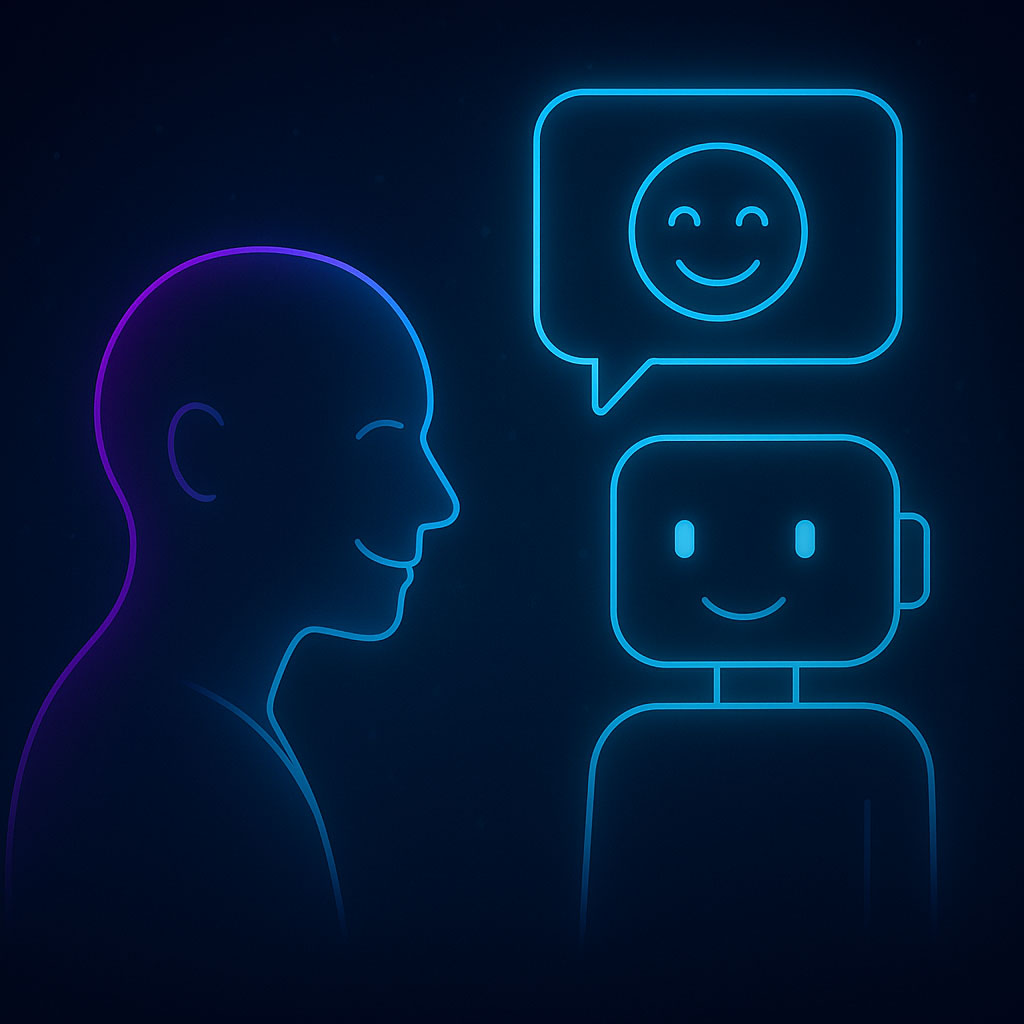Satisfaction begins with good information
Employee satisfaction is more than just a fruit basket or a modern workplace. It arises when people have the feeling that they can work productively without having to constantly search for information or failing due to organisational hurdles. In SMEs in particular, the easier it is for employees to access relevant knowledge, the more they feel supported - and the more motivated they are.
Frustration factors in everyday working life
Many job dissatisfactions can be traced back to a common problem: a lack of knowledge or knowledge that is difficult to access. New employees lose valuable time because they don't know where documents are located. Teams discuss things twice because important information has not been shared. And if you are standing in for a colleague on holiday, you spend half the time reading through the documents first.
The result: stress, duplication of work and the feeling that you are working against walls. These experiences are poison for satisfaction and often lead to higher staff turnover. This connection becomes even clearer in the article on Onboarding with AI.
Why knowledge management lifts the mood
Well-organised knowledge management is like a silent supporter in the background: information is there when it is needed. Processes run more smoothly. And nobody has the feeling of being left alone.
Studies show that employees who can access the right information quickly are not only more productive, but also more satisfied. The feeling of being able to act at any time creates security and reduces frustration. How Cross-Agent Collaboration helps to overcome silos is a good example.
AI as the key to easing the burden
Traditional knowledge databases only help to a limited extent because they are static and time-consuming to maintain. Modern AI systems such as Amaiko go one step further:
- Personal Buddy: Each employee has an individual mentor who understands their questions, knows their working style and proactively offers support.
- Persistent memory: Knowledge no longer disappears, but remains available in the company's memory for the long term.
- Cross-Agent Collaboration: Buddies exchange information across departments - so relevant knowledge ends up where it is needed.
- Seamless team integration: Employees don't have to change, but use the system where they already work.
An effect that can also be seen in hybrid teams becomes noticeable.
Practical example: Support in everyday life
A new team member starts at the company. Instead of clicking through countless drives or blocking colleagues with questions, the Amaiko Buddy provides them with the relevant information directly in the workflow. The buddy also intervenes in the event of a holiday replacement: it provides all the necessary information about the ongoing work so that the replacement is immediately ready for action.
For employees, this means that they can concentrate on their work instead of constantly hunting for information. This feeling of support and clarity is a decisive factor for satisfaction. You can find out more about the economic impact in our article on the ROI of AI.
Conclusion: Knowledge makes you happy
Employee satisfaction is not a product of chance. It is closely linked to access to information. If you are constantly searching, stalling or asking questions, you not only lose time, but also motivation. With AI-supported knowledge management such as Amaiko, employees finally have the feeling that knowledge is working for them - not against them.
See Amaiko in action:
Book your personal consultation now and find out how AI knowledge management can not only improve processes but also employee satisfaction.
Book an appointment now
